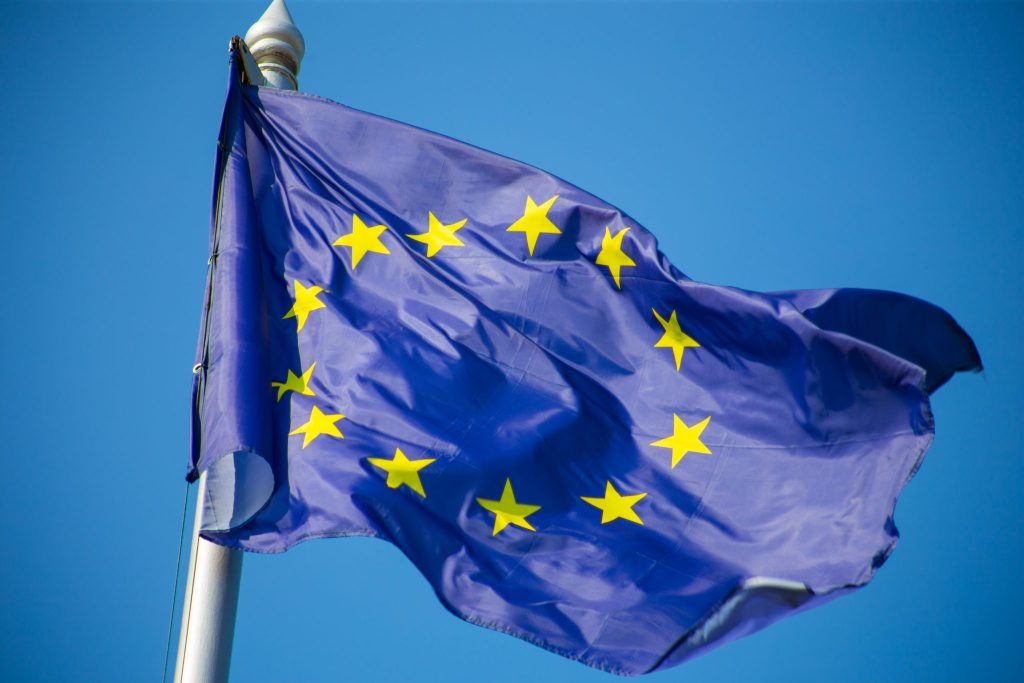The European Union announced on Wednesday that it is exploring the possibility of simplifying its artificial intelligence (AI) and data regulations as part of a wider effort to help European businesses stay competitive against US and Chinese rivals.
The EU has long touted its regulatory framework for technology as a global benchmark. However, this stance has shifted since the return of US President Donald Trump to office.
Just weeks into his term, US Vice President JD Vance launched a broad critique of EU regulations, particularly highlighting the risks of “excessive regulation” on AI, which he argued could stifle the growth of the sector.
In response to concerns from European businesses, which argue that existing regulations are burdensome and hinder innovation, the EU has signalled that it will consider “possible further measures to facilitate compliance” and simplify the AI Act.
European Commission tech chief Henna Virkkunen reassured that Brussels remained committed to the AI law but acknowledged that there might be “extra administrative burdens” that could be removed without causing harm.
She suggested that reducing some reporting obligations would not adversely affect anyone.

Under current rules, companies providing high-risk AI systems must evaluate and mitigate the potential threats posed by their models.
As part of a broader strategy to strengthen AI infrastructure within Europe, the EU also suggested revisiting “existing data legislation” to reduce complexity and ease the administrative burden.
Although there was no explicit mention of the General Data Protection Regulation (GDPR), a regulation often criticised for its compliance costs, Justice Commissioner Michael McGrath has previously hinted at potential “simplification” of the GDPR, with an announcement expected shortly.
This proposal to streamline regulations follows the EU’s broader trend of deregulation, which began with the rollback of environmental rules in February, signalling a shift towards boosting competitiveness as Europe’s central policy priority.


 Trending
Trending 